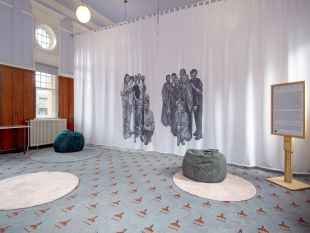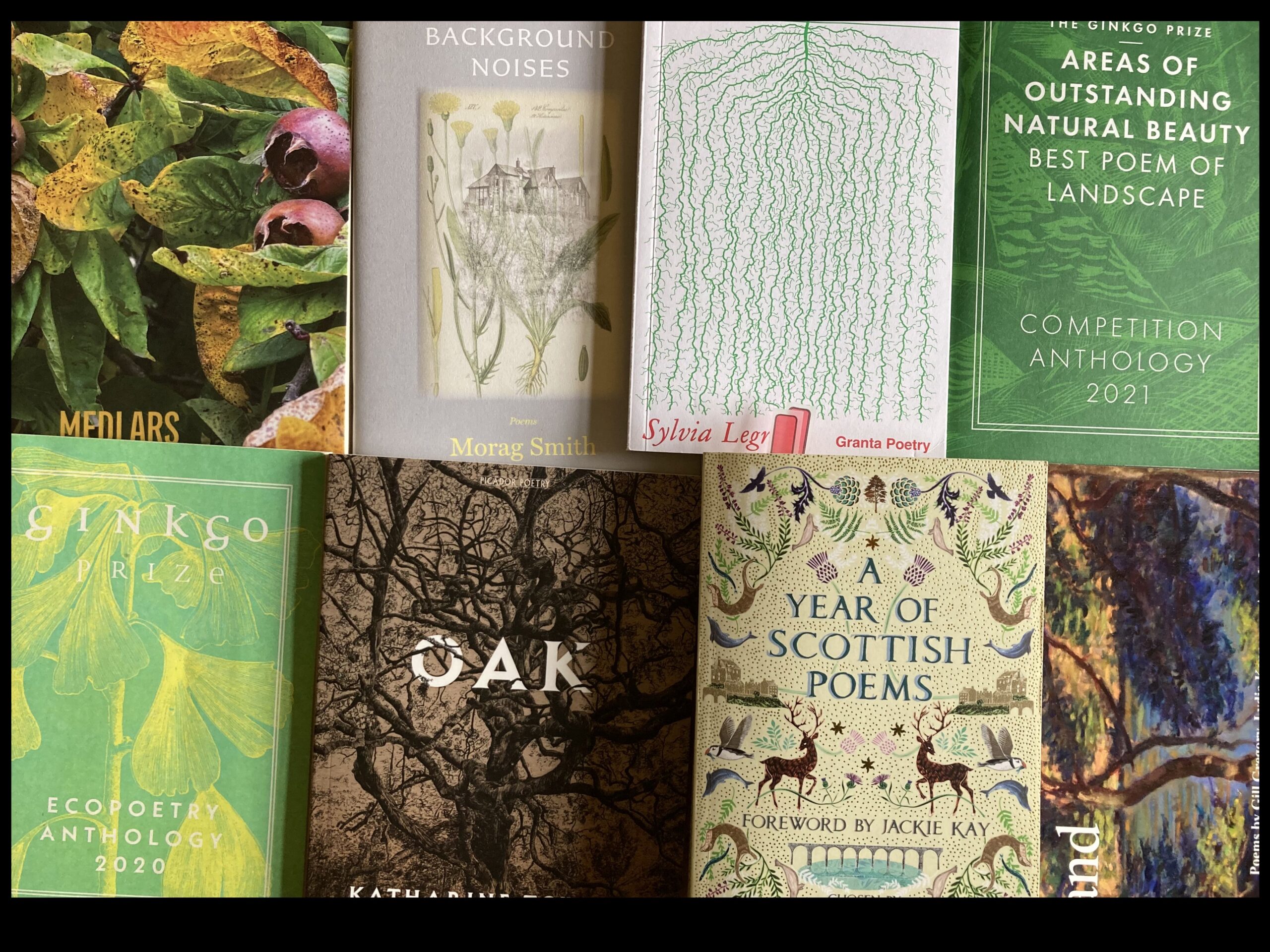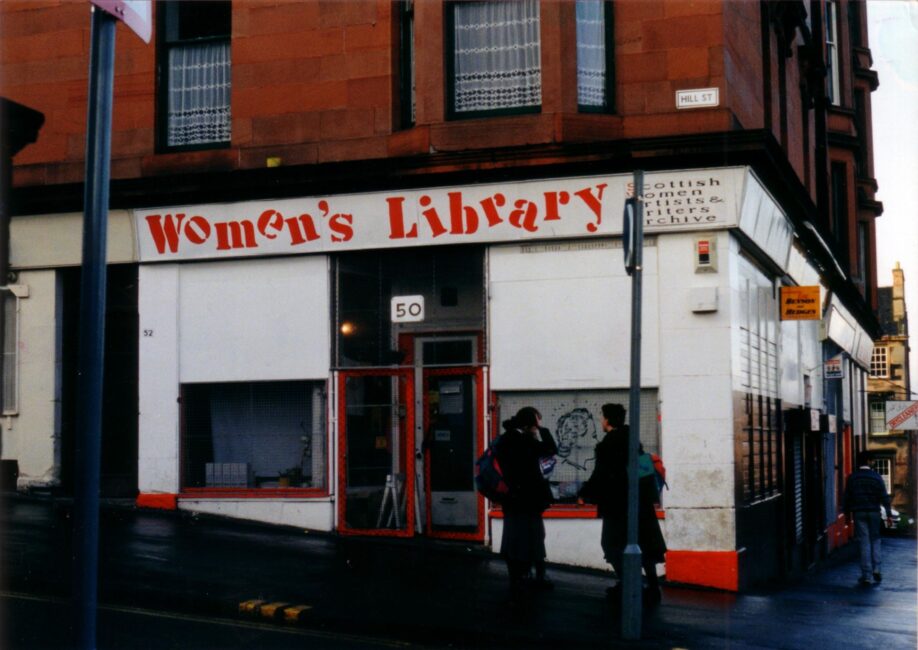I am back! Before I let you dive into the amazing recommendations to come, I would like to share some more insights into myself. I am hoping some of you have read my previous blogs on my placement journey. For those who haven’t, I am an international student from India pursuing my undergraduate degree at Bournemouth University. The placement opportunity in my course is what has brought me eventually, to this unique place. I am not great at talking about myself so I will say that I come from multiple marginalized backgrounds – South Asian/person of color, a woman, a person with disability and interestingly at my university, an international student sitting amongst a majority of British students. So when I began working on this second project, it was deep and personal to me. Coming below are my readings, and my point of perspective. I would be happy to know yours!
- Jane Eyre by Charlotte Bronte
From my analysis of Charlotte Bronte’s Jane Eyre, it has the following vocal elements – a feminist style of writing, two different women: Jane who fights for equality and Bertha who fights for freedom from madness, a straightforward love story, clarity in conversations, suppression and heavy patriarchy. This adaptation shows Jane as more of a human and less of a woman, she seems more timid and less powerful, reinforcing patriarchal stereotypes. From further reading secondary sources, a criticism to calling this story a feminist novel reflects on Bronte’s own protagonist refusing to fight criticism and attacks on her integrity.
Jane exhibits two different females – one who wants to leave and one that wants to provide servitude hence two feminisms contradicting each other. Jane is still standing to remain the earliest powerful women written by a woman author, albeit under a pseudonym, she cannot be ignored even when she is exhibiting weaker feminist behaviors, her personality stands out.
‘One is not born, rather becomes a woman’
‘I am no bird; and no net ensnares me; I am a free human being with an independent will.’
Recorded below are some of the perspectives taken at the story from its case studies –
“I desired liberty; for liberty I gasped.”
A sensational novel, a concept of the self, explosive and agonizing passion between Jane and Rochester (this reminded me of the agitated relations between Emma and Knightley in Jane Austen’s novel Emma) She does what she pleases, portraying a different feminism where she tries to internalize her liberated inner soul that won’t be ensnared, she stood up for herself in her own quirky ways and lastly, chose to walk down her own path in life.
Her choices were her own to make, despite her conventional choice of settling in with Rochester.
The original Jane Eyre can be found within our bookshelves at Glasgow Women’s Library. Pristine and silently docked. Like many women voices, waiting to be unleashed. As for me, I experienced a retelling of Jane Eyre by Tanya Landman. This retelling is also available at our Library. This was an easier read for me because it has a larger font size and a more stronger feminist voice.
Written down are my feelings after reading the retelling:
I admired Jane for understanding herself and her surroundings with the precise awareness that she is gifted with. Sensitive and headstrong, alert and careful, Jane is keen on protecting herself from the harsh aspects of her life and in the times she cannot, she makes an effort to try. Rochester is portrayed as a grotesque person with arrogance, a sense of superiority and a lot of vain in mannerisms. After the moment when his grotesqueness is coupled with his disability, Jane is portrayed as his caretaker very subtly. This for me takes away the vocal feminism from Jane’s character as she willingly succumbs to and continues to be a follower of the man who kept her in dark about his first marriage and turned her world upside down in a matter of moments.
- Emma by Jane Austen
Jane Austen is not directly a feminist author although, in her works, she projects her central female heroine, here, Emma, to be outspoken, even though noticeably vain, ignorant and brash, but outspoken regarding her feelings and opinions. Emma cannot survive suppression of speech and more so, her opinions on life and in general society. Mr. William Knightley, her friend and confidante in her circle of life, also steadily becomes the flame that brings out the more vocal, brash and strong sides of her as the story unfolds to the reader. Emma is compelled, albeit it makes her frustrated, to accept the vain sides of her personality through her encounters with William Knightley. I feel this is a different form of feminism where a person is willing to embrace the not-so-positive and the positive parts of themselves in unison.
- Feminist, Queer Crip by Alison Kafer (recommended by Caroline Gausden and Olivia Plender, a visual artist)
Caroline Gausden is the Development Worker for Programming and Curating at our Library, and has supervised me on this project which has been an absolute pleasure! She’s strong-willed, reliable and a warm company.
(Some excerpts of my reading)
There is a clash between ableist perceptions of trying to make spaces accessible/inclusive, and the people who are experiencing a different life themselves.
The legislation/public spaces/community gathering/education cannot make decisions for people with disabilities without having one of them on board themselves.
Putting on a blindfold does not ensure an able-bodied person can experience the life of a blind person.
My feelings on reading chapter 2 ‘At the Same Time, Out of Time Ashley x’ brought inside me difficult emotions such as grief, anger, rage, helplessness, despair, and deep sadness. While reading it, slowly and steadily, I felt that my body could explode. Alison isn’t preaching or explaining or trying to gather supporters in this book. She simply states the facts about queer and disabled feminism and how validating and essential it is to have conversations around them on a regular basis. She is setting the table, putting some pointers for guidance, and clearing out misconceptions/harmful attitudes before people find themselves in a space where they can simply start the talk. What happened to Ashley, through her parents and doctors, could even have happened to me. In a matter of moments, I could have been worked upon surgically, without my consent. It could happen to you or to your friend or the next-door neighbor. Ashley was diagnosed with ‘static encephalopathy’ an experience whereby her subsequent development physically, mentally and socially, could not progress ahead like the other ‘normal’ kids/people. For me, with cerebral palsy, reading this felt like someone violating my rights and I know that feeling as I have experienced it for the longest time. And I am writing this with those experiences in mind. Her parents and doctors somehow thought that stopping Ashley’s menstruation ability for the future (removing the uterus) and removing the breast buds was a healthy option to mitigate future burdens on her future caregivers/caretakers. This chapter has Alison talking about consent, the snatching away of biological and physical attributes without letting the patient know, the legitimacy of the parents’ explanation (debates for and against their decision-making regarding Ashley), the legitimacy of the doctors carrying out the operation and the role of the Court/jurisdiction in Ashley’s case. It is a tough read and at the same time, I am very grateful to have had the chance to read it and know it in my bones.
- Ma, can I be a feminist and still like men? By Nicole Hollander (can be found in our Library)
This book is an interesting take on feminism that reflects in its witty humor and comic timings. It uses curious graffiti and drawings to support the dialogue boxes and moments of discrimination, ignorance, disrespect and injustice coupled with the narrow perspective framed about women (includes all women from the LGBTQIA+ community too). In comparison to Alison’s Kafer’s (above mentioned) diplomatic and pragmatic stand on disability activism and queer empowerment in the light of daily events, Nicole Hollander will give you a glimpse into the daily events of random people that are experiencing the not-so-positive moments in their life. It’s a levelheaded writing which made me think, ponder and reflect in a kind and stable manner about my daily experiences with sexuality, gender and disability.
- Men Explain Things to Me By Rebecca Solnit (recommended by Gabrielle Macbeth)
Gabrielle Macbeth is our Volunteer Coordinator at our Library since 2011. She makes volunteers feel welcomed and embraced in a manner which is so natural and heartwarming, it puts a wide smile on my face. Gabrielle has been the anchor in this placement. She exudes warmth and affection and it’s with great delight to include her impressions on activism below and in the upcoming blogs.
The tone Rebecca uses is factual and direct. There is no sugarcoating around the incidents/criminal cases of assault she discusses. One particular phrase that struck a chord with me, around abuse and assault, is ‘violence doesn’t have a race, a class, a religion, or a nationality, but it does have a gender’. To this, I would like to add – ‘Violence doesn’t have kith or kin as well’. This got me to think about my personal experiences while moving by myself and commuting. I feel fear for my body and I think about my safety a lot. I think about my possible inability to protect myself if my tri-walker is also snatched from me. It is a scary feeling and none of us as a community and as an individual deserves to be, literally, scared for our physical safety. Rebecca will take you through horrendous cases of sexual assault at different locations and scenarios, in a matter-to-fact manner. This style of writing made me feel for myself in a pragmatic way. Also, it made me think about coercive control and family and extended family abuse. Coercive control involves assault, abuse, any kind of visible, subtle or invisible violence that instills intimidation, anxiety and restlessness in a victim/person. Rebecca’s words will now stick with my soul forever. You will be able to find this book within our Library.
- Common Women Uncommon Practices By Sasha Rose (recommended by Olivia Plender)
Olivia Plender is a visual artist based in Stockholm and London. She is interested in gender, power politics, health, and access. She has also collaborated with our Library in the recent past, redefining and redecorating our Community Room near the upstairs gallery. Having given the room touches of health activism and queer activism, it’s a pleasure to include her recommendations in this project. I have interacted with Olivia on a personal level during ‘Our Bodies Are Not Our Problems’ sessions in the community room starting from the year-end of 2022.

I will highlight here the interesting and active bits from this book that gripped my heart. The author mentions the works of people in the Greenham common movement and the sparks they have ignited. The march slogan “We’re here because we’re here because we’re here because we’re here.” by British Soldiers during World War 1 to the tune of ‘Auld Lang Syne’ is changed to “We’re here because we’re queer because we’re here because we’re queer.” by this visionary group of humans. This book discusses queer feminism, destabilization of politics, and Sasha mentions how the media framed these women. This movement is vital as it seemingly changed the definition of the category called as ‘women’.
A queer approach to social analysis sees unruly sexualities, desires and emotions as dynamic forces which disturb the heteronormative social order and produce their own important solidarities and communities – this is the pointers for the discussion around the term ‘queer’ and the fact that it holds two distinct interpretations: one, being outside the boundary of heteronormative sexuality and two, performing as a synonym for the words strange, odd, eccentric, of questionable character, etc.
This is where I can establish that feminism, disability and queer coexist and proudly intersect with each other. I recall all the times when I was seen as someone strange, when I was objectified, when I was diminished in a conversation, been questioned about my ongoing journey in self-reliance. I would like to say ‘I am not alone’ in my fight to seek liberty and peace.
- The Purpose of Power By Alicia Garza (recommended by Olivia Plender)
This book puts the spotlight on sexual power, liberty and agency all at the same time. It talks about access to literature about sexual knowledge and the need for having a space to talk about it. I hope the one reading this, whether it’s a woman or not, is aware that women as people are stereotyped as passive objects with little to no sexual agency. Our desires are more often than not, extinguished by our own mothers and relatives. This might not be true for you, although, it is for me. I am putting this statement here. When Alicia talks about having an empowering, supportive and kind mother (or any caregiver), it stabs me in uncomfortable places. Places I need to fight for. This book discusses access, politics and equality together as a combination and brings up the question ‘Are freedom, access and equality really different concepts?’
8. The Daughters of Partition by Fozia Raja (recommended by Syma Ahmed)
Syma Ahmed is our BME (Black and Minorities Ethnic) Development Officer for women. Syma seeks to reach marginalized communities in Glasgow and create meaningful connections with and amongst them. Around Syma, I have felt empowered and confident in stepping out in the world, being exposed to new art forms in Women Making It sessions in the Library and other events. There is a space for people to grow and prosper.
The Daughters of Partition by Fozia Raja is a story that makes me want to choose the path of activism. I have recently begun reading this story. It involves heavy trauma, separation and pieces of life that evoke hope, peace, tranquility and ecstasy at last. Even though this is a hard read, it’s one such activism and awareness that deserves to be read, felt, acknowledged and understood to some extent. This is the partition of India as India and Pakistan. This is activism of colonies, language, religion, caste, borders, gender and identity.
References
https://www.theguardian.com/film/filmblog/2011/sep/12/jane-eyre-feminism-fukunaga-adaptation
https://study.com/learn/lesson/feminism-gender-roles-jane-eyre-charlotte-bronte.html
https://www.bookishly.co.uk/blogs/news/was-jane-eyre-a-feminist
The next blog is going to cover our reading list! Hope to catch you around that.

This content is licensed under a Creative Commons Attribution 4.0 International License.




